How does nutrition promote hair growth?
Certain nutrients found in food have a direct impact on hair growth. In addition to supporting and/or accelerating hair growth, they contribute to healthy and strong hair.
They can also prevent hair loss (alopecia or baldness).
Among the most important nutrients for hair growth, we find:
- proteins (animal or plant-based)
- iron
- zinc
- B vitamins (B3, B5, B6, B7)
- vitamins C, D, and E
- sulfur-containing amino acids
Numerous studies have shown the link between diet and hair growth.
Read also | The 3 Best Hair Supplements According to a Pharmacist
During this study, for example, supplementation with iron and zinc stimulated hair growth.
If you notice slowed growth or even hair loss, it may be wise to integrate the following foods into your diet.
1. Seafood and shellfish
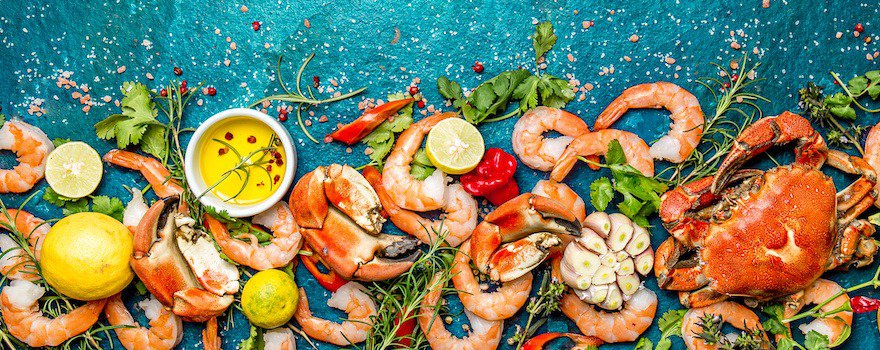
Seafood and shellfish have a high zinc content. This trace element directly influences hair growth. It participates in the synthesis of 2 proteins found in the hair fiber: collagen and keratin.
To support your hair growth, consume oysters, mussels, shrimp, crab, or even lobsters. Oysters alone contain 45 mg of zinc per 100 g.
How to consume them: once cooked, you can consume them as is. They can also be used in many recipes, as a side to salads, pasta, rice…
2. Spirulina
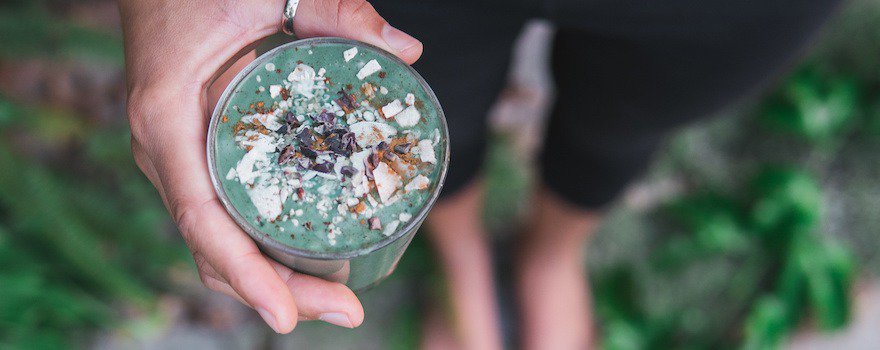
Spirulina is a cyanobacterium characterized by its high iron content: 28.5 mg per 100 g. Like zinc, iron is one of the main constituents of hair.
On one hand, it allows for the synthesis of keratin which ensures the structure of the hair fiber. On the other hand, it supports micro-circulation in the scalp and ensures a good supply of nutrients to the hair bulbs.
Its role is therefore very important. This is why iron deficiency (or iron deficiency anemia) is often involved in alopecia or baldness.
Read also | The benefits of spirulina for hair
How to consume it: as a dietary supplement or sprinkled on salads, mixed into a smoothie… It is also beneficial for external use (hair mask, shampoo…).
3. Legumes
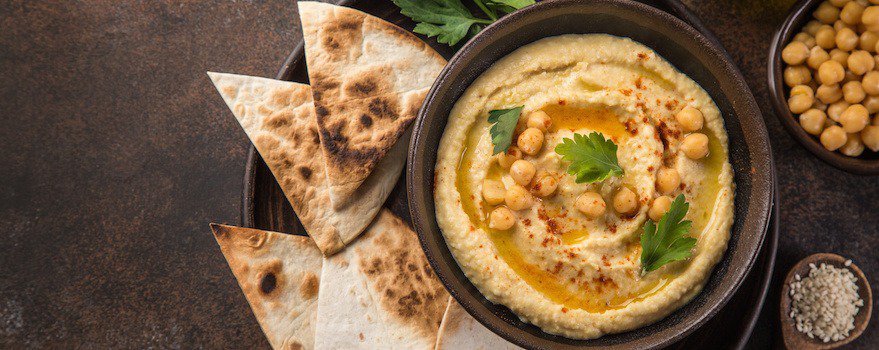
Legumes are one of the best sources of B vitamins. They notably provide vitamin B8 or biotin.
In addition to contributing to strong and shiny hair, it stimulates hair growth. To do this, it accelerates cell and follicle renewal. It also promotes blood circulation in the scalp.
Read also | The benefits of biotin for hair
Feel free to vary the legumes on your plate: lentils, chickpeas, dry beans, split peas…
How to consume them: cold or hot, in salads, and even in desserts (cakes, cookies…).
4. Dairy products
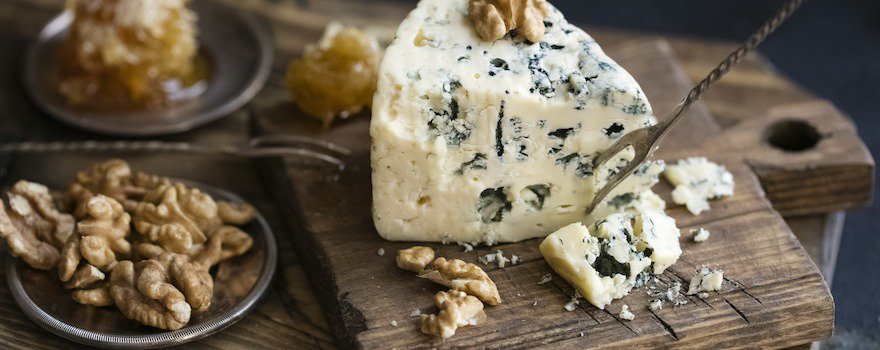
Dairy products contain a type of specific amino acids: sulfur-containing amino acids. Among them, cysteine and methionine are the most important.
By providing firmness and density to hair, they combat alopecia. They also strengthen the hair fiber and, as shown in this study, promote the development of hair follicles.
How to consume them: you can vary dairy product sources by consuming milk, yogurt, cheese…
5. Arugula
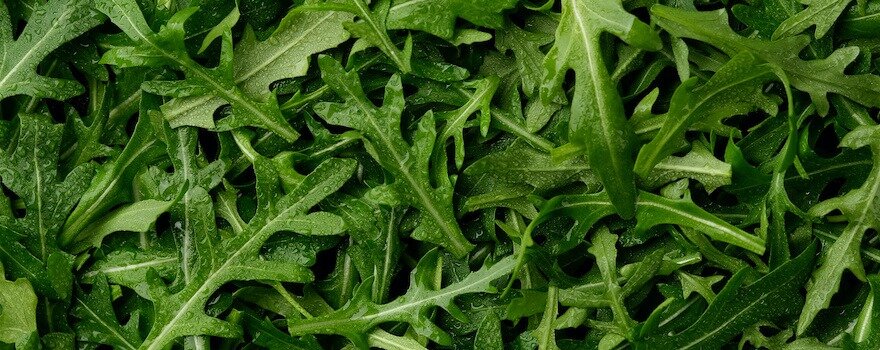
Arugula (Eruca sativa) is grown for its leaves and consumed in salads. It contains many vitamins: pro-vitamin A (beta-carotene), B9, C, E, K…
With about 15 mg per 100 g, arugula is an excellent source of vitamin C or ascorbic acid. By stimulating hair follicles and blood micro-circulation, vitamin C accelerates hair growth.
Moreover, arugula is rich in antioxidants. These protect against free radicals that contribute to hair loss.
How to consume it: in salads or green smoothies, for example.
6. Nuts and dried fruits
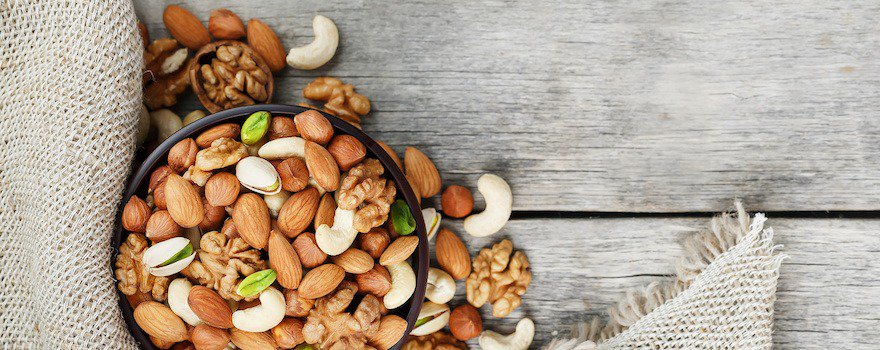
Rich in omega-3, nuts also provide vitamin E (or tocopherol). Antioxidant and restorative, it stimulates blood circulation and oxygenates the scalp. Vitamin E thus contributes to hair growth.
Enjoy almonds, hazelnuts, cashews… Brazil nuts are a good source of tocopherol with 5.33 mg per 100 g.
How to consume them: as is, as a snack during the day, or added to your savory or sweet recipes.
7. Eggs
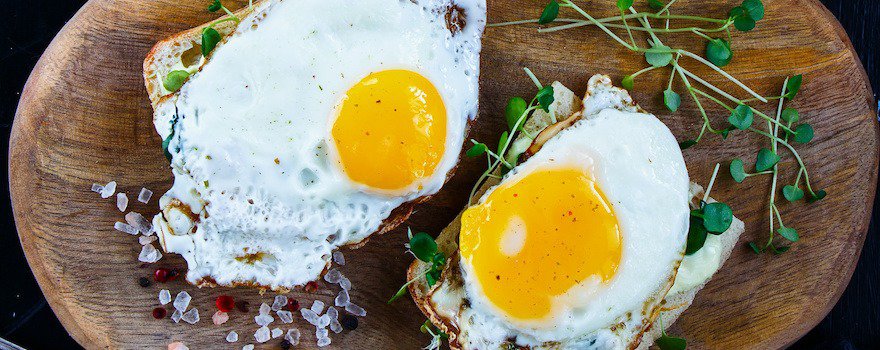
Consuming eggs helps stimulate hair growth. They notably provide vitamin D (0.94 µg/egg), essential for the creation of new hair follicles.
As shown by this study, vitamin D plays a major role in cases of alopecia or baldness.
How to consume them: hard-boiled, in salad, as an omelet… eggs can be consumed in a multitude of ways.



